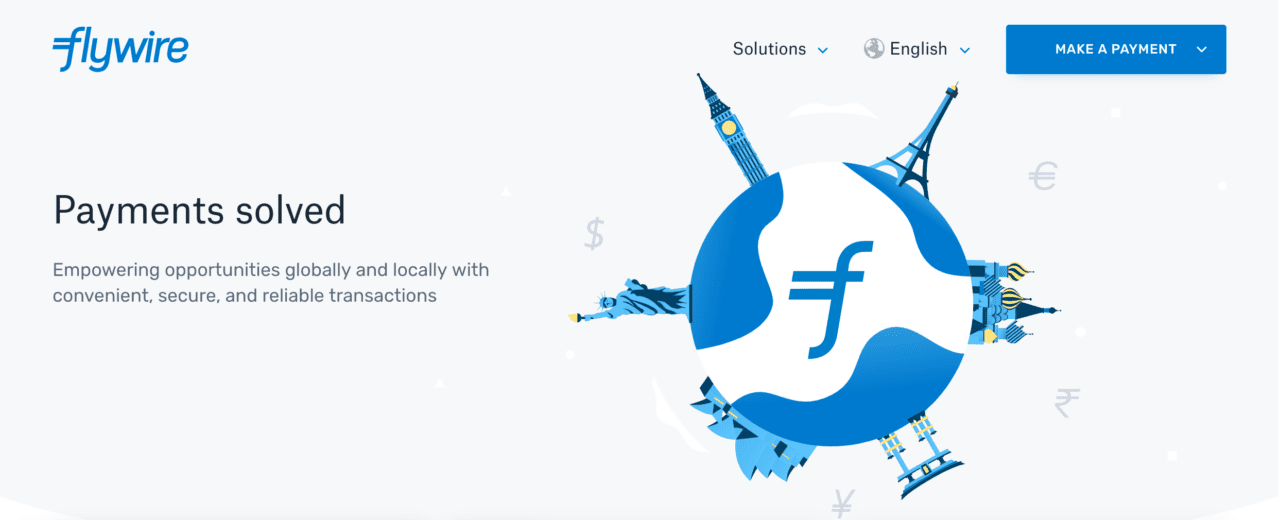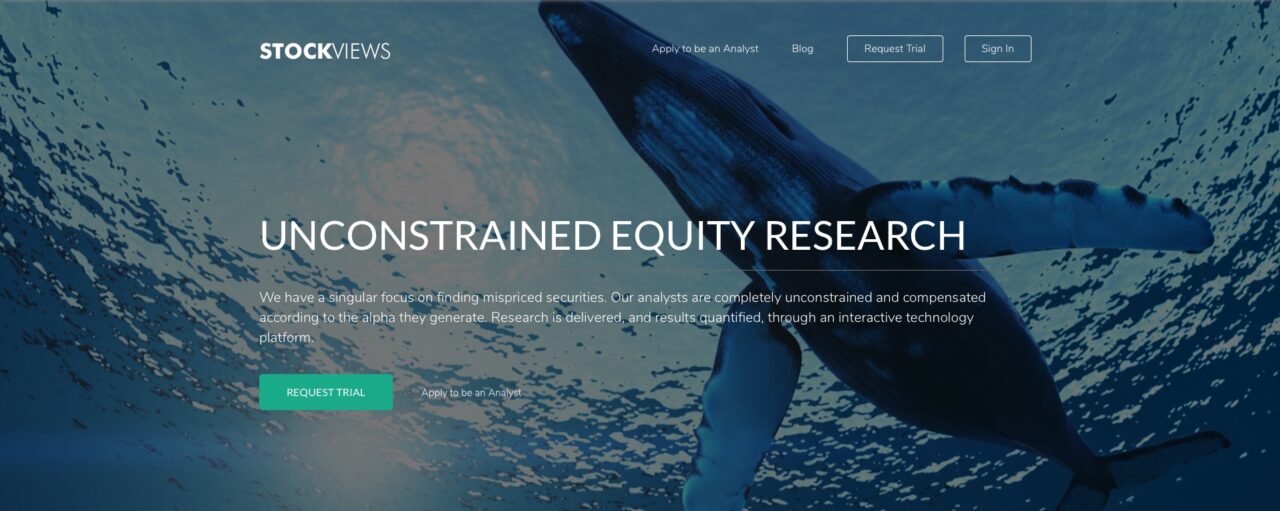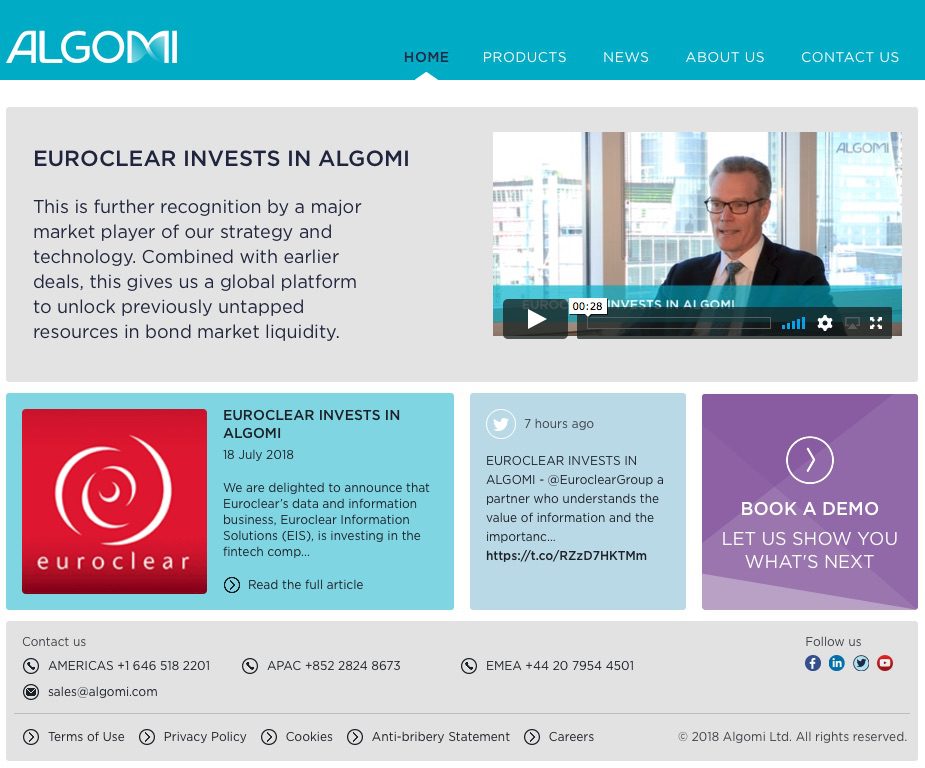Small business financing specialist BlueVine has raised $12 million in new funding. Combined with the $60 million investment the company picked up last month, BlueVine’s Series E amounts to $72 million, and takes the company’s total funding to $590 million. Of this amount, $185 million represents equity financing.
This week’s investment comes from Microsoft’s venture fund, M12, and the venture arm of insurance and financial services company, Nationwide. M12 partner Elliott Robinson praised BlueVine’s “market traction to date,” while Nationwide Ventures’ Erik Ross highlighted the funding as emblematic of Nationwide’s commitment to serving SMEs. “This investment aligns with our strategy to co-create value for our members to help them protect what’s most important and to plan for a secure financial future,” Ross said.
BlueVine provides working capital to small and medium-sized businesses, offering lines of credit up to $250,000 and invoice factoring up to $5 million. With rates as low as 4.8% and approvals as quick as 20 minutes, the company recently surpassed $1 billion in total funding volume.
“We had very limited resources when we began and we were up against bigger and more established competitors,” said BlueVine CEO and founder Eyal Lifshitz, who reflected on the company’s fifth anniversary as well as this week’s funding. He credited the company’s “cutting edge technology and product innovation” for its success and added, “these new investments will help us offer more financing to even more entrepreneurs.”
Founded in 2013 and headquartered in Palo Alto, California, BlueVine demonstrated its SME online lending platform at FinovateFall 2014. This spring, BlueVine partnered with cross-border payments specialist, Veem, to make the process easier and less expensive for SMEs. Named one of the top 360 entrepreneurial companies in the U.S. by Entrepreneur, BlueVine added Women in Fintech Powerlist member Ana Sirbu as its new Chief Financial Officer at the beginning of the year.














